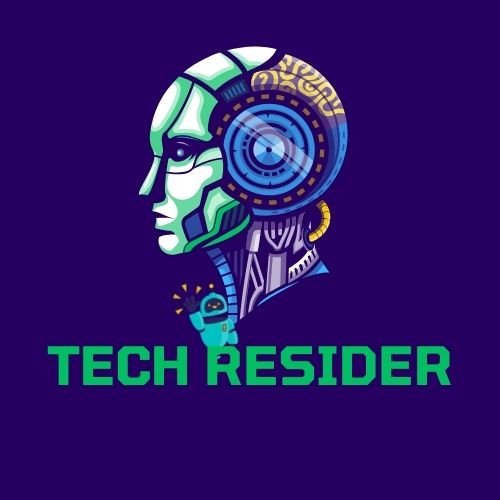Academic Research is being radically transformed by recent advances in artificial intelligence. Sophisticated AI tools are enabling researchers across all fields to work more efficiently, creatively, and make new discoveries at an unprecedented pace. This article explores 8 of the most innovative AI technologies that are making a real impact in academia.
AI Tools are Revolutionizing Academic Research
Semantic Scholar is a free search engine that leverages AI to find the most relevant research papers for any query. It also summarizes key findings and identifies influential works on a given topic. This allows researchers to quickly get up to speed on any subject and discover connections between papers.
Iris.ai is an AI assistant that can read and comprehensively summarize the main points of an uploaded research paper. It also recommends related papers that could inspire new ideas or research directions. This saves academics huge amounts of reading time and helps uncover hidden links between studies.
UNSILO is a specialized AI tool for literature reviews. It deeply analyzes papers to extract pertinent answers for research questions with far greater accuracy than keyword searching. This is a huge boon when surveying massive bodies of academic literature.
SciFive is an AI literature review assistant that summarizes papers and also auto-generates citations in APA, MLA or Chicago formats. The summaries let researchers absorb key information rapidly so more papers can be reviewed. The automated citations also save academics hours of dull referencing work.
Growth Lab Tools from Harvard University showcase how AI can help address major economic, social and environmental challenges. The tools apply AI and satellite imagery to tackle global issues like poverty, health, conservation and urban growth. This demonstrates the vast potential of AI to advance scholarship across diverse realms.
Arxiv Sanity Preserver uses AI algorithms to filter and highlight the most relevant new papers uploaded to Arxiv every week. It also recommends papers tailored to each researcher’s interests. This allows academics to stay continually updated only on new research that matters to them.
AI writing assistants like Texagense are also gaining popularity. Texagense can digest complex technical information and generate coherent paragraphs or entire sections from simple bullet points. By handling the grunt work, AI writing assistants boost researchers’ productivity and let them focus on ideas.
In the sciences, tools like Wolfram Alpha are being used for sophisticated quantitative analyses. Researchers can feed it data, stats, equations, images and more, and Wolfram Alpha will compute high-level results and visualizations. This augments human capabilities in working with massive datasets.
Iterative Reviews and Academic Research Discovery:
Scholarcy: This tool uses AI to automatically read, summarize, and extract important information from research papers, saving you time and effort. Figures, tables, and references are also identified for easier navigation.
ResearchRabbit: Also known as “Spotify for Papers,” ResearchRabbit helps you discover relevant research by making personalized recommendations based on your interests. Organize your posts into collections and visualize your network of authors and co-authors.
Scite: This AI-powered tool analyzes citations and assesses the credibility and impact of research articles. We provide metrics and visualizations to help you understand your citation landscape and validate your results.
Writing and Communication:
Trinka: This AI-powered grammar and language checker is specifically aimed at academic writing. Beyond basic grammar checks, we suggest improvements to tone, style, and terminology to improve the clarity and professionalism of your research paper.
Junia AI: This platform offers a variety of AI writing tools for academic research, including a citation generator and automatic formatting based on your preferred style guide. It also suggests literature related to your research topic and helps identify possible plagiarism.
Experimental Design and Data Analysis:
Intellegens: This AI platform helps optimize experimental design parameters and reduce R&D costs. Use machine learning algorithms to suggest the most efficient experimental setup, saving you time and resources.
Knime: This open-source data analytics platform offers a variety of AI-powered algorithms for exploring and analyzing large data sets. This allows you to create intelligent workflows, visualize data, and uncover hidden patterns.
Collaboration and Dissemination:
OpenMind: This AI-powered platform fosters collaboration among researchers by matching projects to individuals based on their expertise and interests. Additionally, it helps researchers discover relevant funding opportunities and disseminate research results through targeted support channels.
The potential of AI in academic research is truly monumental. It is already helping researchers work faster, more efficiently, and make leaps that were unimaginable earlier. With the rapid pace of progress in AI, we can expect even more revolutionary innovations in the coming years that will significantly advance human knowledge and creativity. The future of scholarship in the AI age is incredibly bright.
